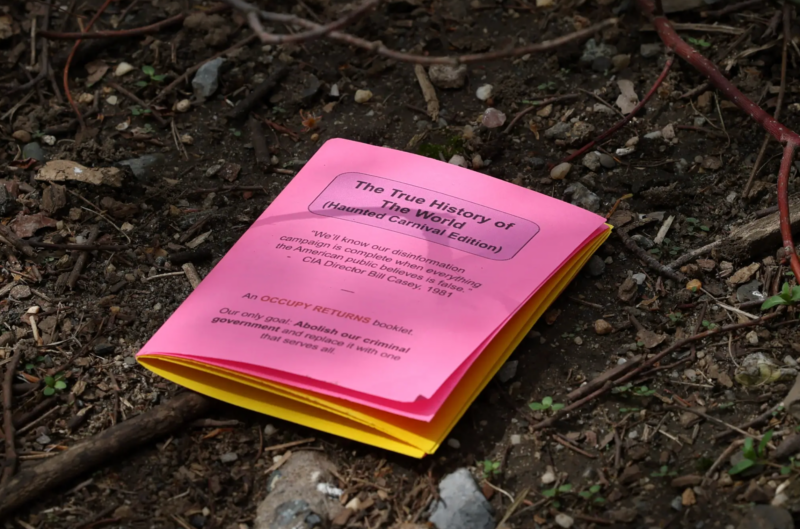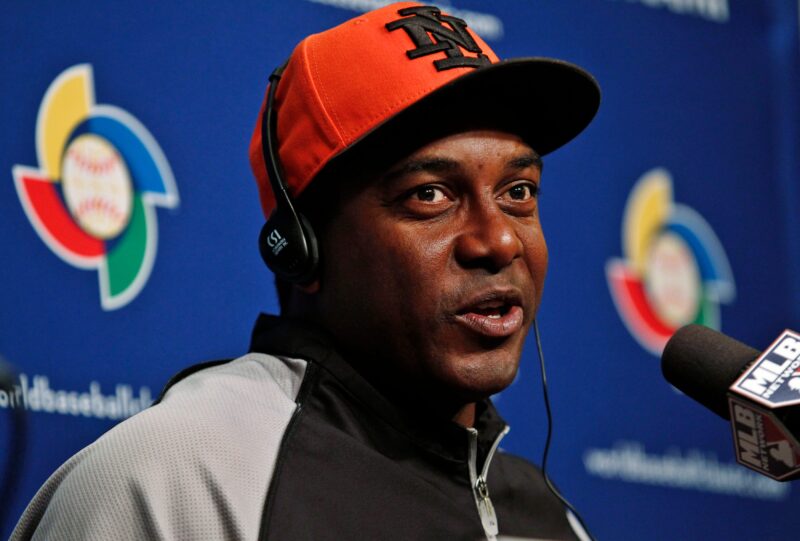Hello, and welcome to this week's edition of the Insider Tech newsletter, where we break down the biggest news in tech, including:
- Travis Kalanick's '"temple of bros"
- Asana CEO Dustin Moskovitz wants employees in the office because he values "togetherness"
- Amazon's goal to get rid of a certain percentage – often 6% – of employees each year
Did someone forward this newsletter to you? Sign up here.
Soundtrack: This week's newsletter has been specially designed to be consumed while listening to Digital Underground's "Freaks of the Industry" (RIP Shock G)
This week: Hurricane Apple and Hurricane Travis, a tale of two storms
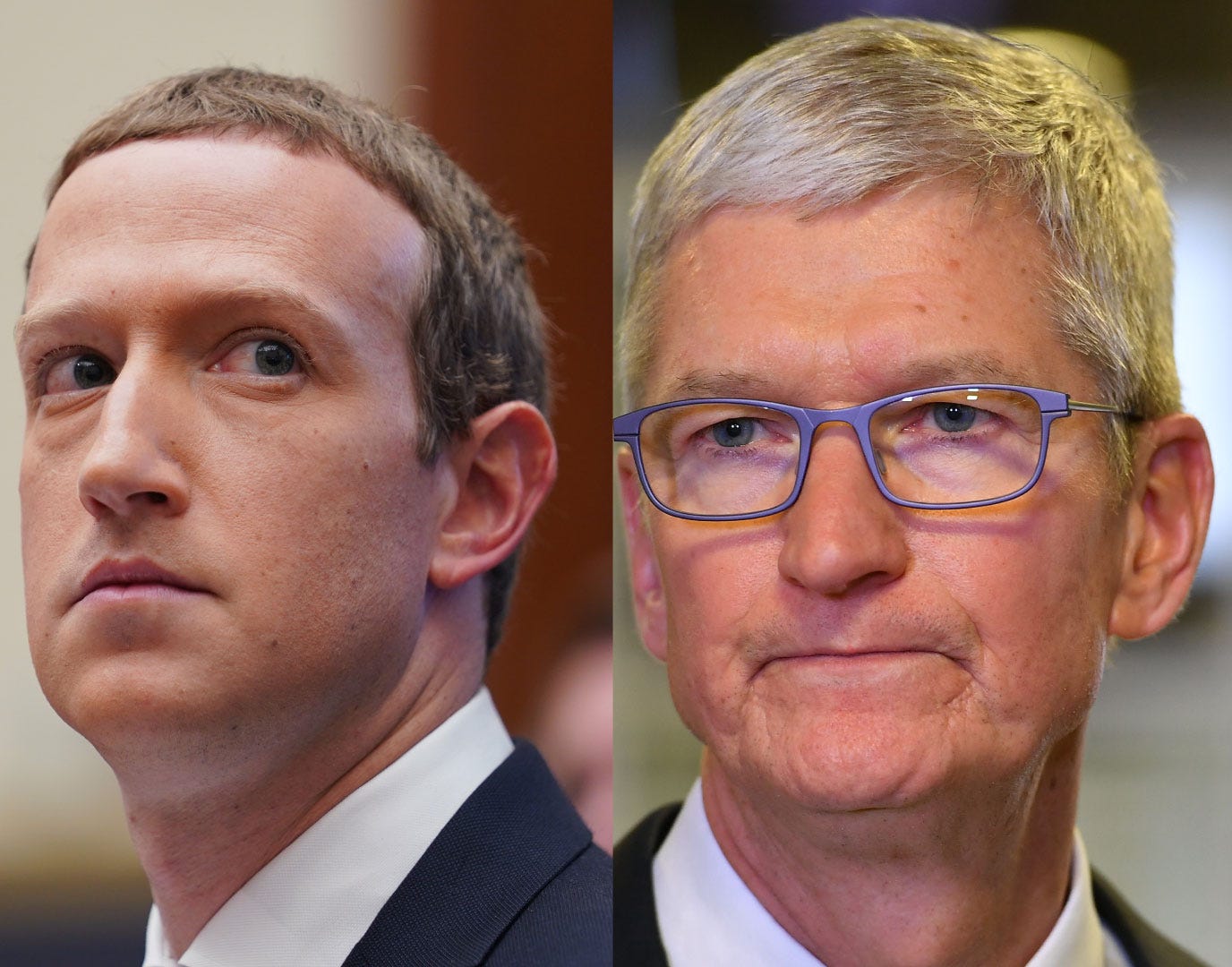
For nearly a year, internet companies have been bracing for Hurricane Apple. The imminent update to the iPhone's software (technically, iOS 14.5) will require smartphone apps to get permission from users before tracking them and collecting data – a change that could devastate the highly targeted advertising business that social media companies rely on.
Maybe we're just in a calm-before-the-storm moment, but, less than a week before the Apple update is expected, the internet companies in its path are remarkably calm.
- Snapchat on Thursday forecast strong revenue growth of up to 85% for its current quarter, despite "anticipated disruptions" of the iPhone update. Snapchat also noted that it now has more Android users than iPhone users– something that should mitigate the impact of Apple's privacy change.
- Facebook, which has more to lose from the Apple upgrade than anyone, is busy talking about nifty new audio features to compete with Clubhouse.
- But one not-so-widely noted development from Facebook this week was the rollout of new ways for marketers to aim ads at its audience of 2 billion viewers based on the types of videos being watched – sports, pet and animals, business, etc. That sounds a lot like old-fashioned "contextual" advertising, which doesn't require collecting user data. Maybe Facebook's future is a reversion to the past?
There's another big development looming for tech companies: the post-pandemic reopening. And it's already causing some hiccups.
- Netflix reported first-quarter subscriber numbers that fell short of expectations. Netflix blamed last year's "big Covid-19 pull forward" - basically, a surge of signups from homebound consumers that's made it tougher to find new subscribers today. Netflix also cited the lack of fresh content, as lockdowns have made it harder to produce new movies and shows.
- Uber and Lyft are having trouble finding drivers to operate their rideshare services as vaccinated people start going out again and demand picks up.
Perhaps one of the most interesting wildcards to watch as the pandemic fades will be what happens to the food delivery business that's been booming during the lockdowns. The return to restaurants and in-person dining will affect not just the DoorDash and Gubhubs of the world, but also the so-called ghost kitchens - shared, delivery-only kitchen facilities where restaurant workers prepare food for online orders.
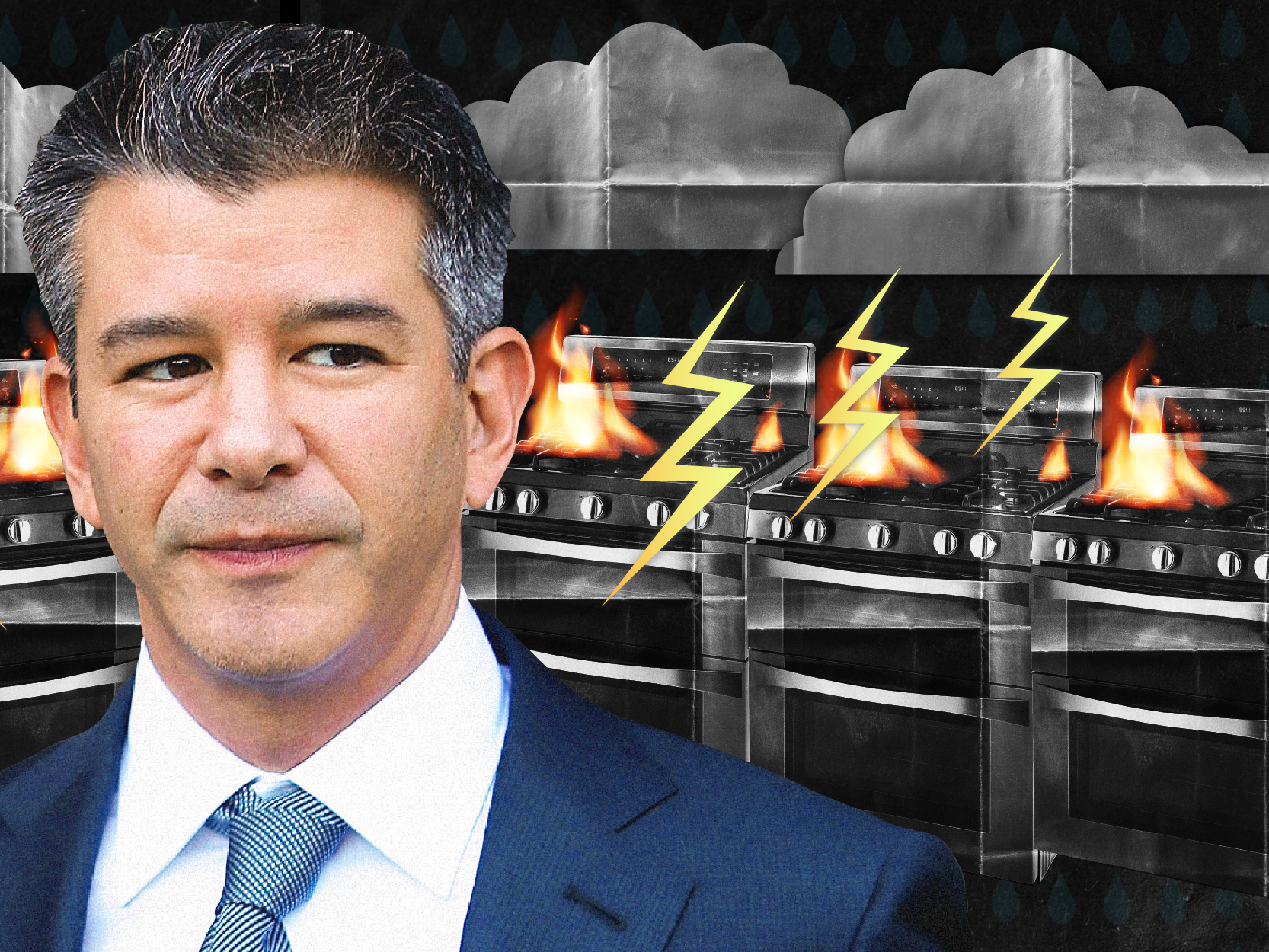
One of the pioneers of the ghost kitchen business is former Uber CEO Travis Kalanick.
Since his controversial exit from Uber, Kalanick has helmed a company called CloudKitchens that has expanded to dozens of cities. Insider's Meghan Morris spent weeks reporting on CloudKitchens, and the result is fascinating look at Kalanick's second act.
CloudKitchens' employee ranks are made up of numerous Kalanick loyalists from the Uber days, and many of the company's corporate values are literally the same catchphrases that became infamous at Uber including "always be hustlin'" and "super pumped." While Kalanick's methods may be controversial, there's no denying that he was instrumental in making Uber the global juggernaut that it is. For better or for worse, history may be repeating itself
Read the full story here:
Travis Kalanick's stealth $5 billion startup, CloudKitchens, is Uber all over again, ruled by a 'temple of bros,' insiders say
Quote of the week:
"The work got harder when everyone went remote, but life got harder, too. It's been really stressful."
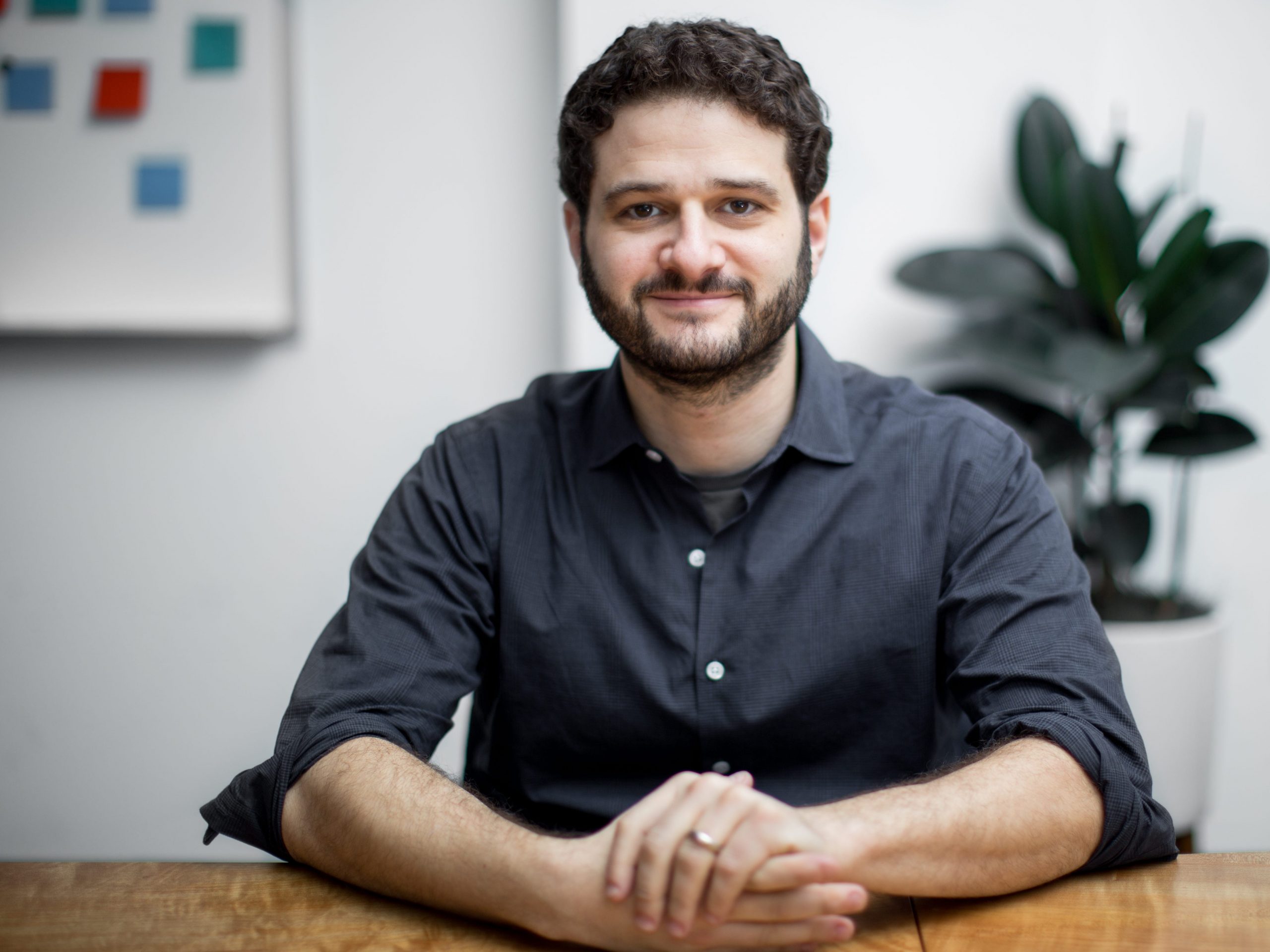
Asana
- Asana cofounder Dustin Moskovitz discusses his company's office-centric plan for employees after the pandemic ends, in an exclusive interview with Insider.
Snapshot: Amazon Salon
Amazon has gone from selling books online to delivering groceries to your doorstep, producing movies and building flying drones. So why not open a hair salon?
According to the company's announcement, visitors to Amazon Salon will be able to do things like use augmented reality technology to experiment with different hair colors before deciding on a style and buying hair care products on Amazon Kindle tablets during their treatments.
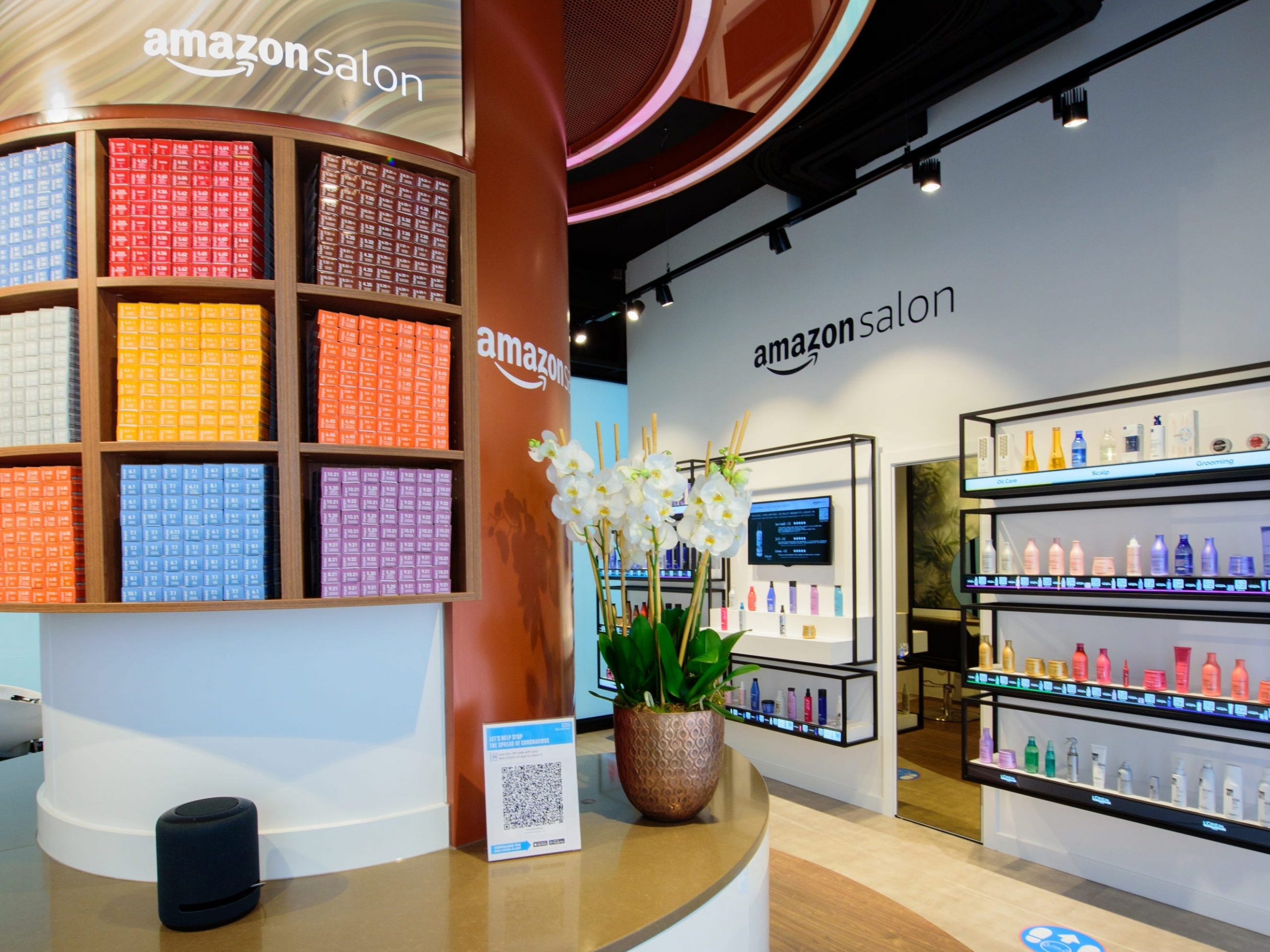
Amazon
There's only one Amazon Salon and you'll need to go to London's Spitalfields neighborhood to try it.
Don't expect Amazon employees to get hands-on with your hair - a team of professional stylists from the city's Neville Hair & Beauty Salon will handle that part. Still, given Amazon founder Jeff Bezos' thing for robots, it doesn't take a big leap of imagination to envision future haircuts that don't involve human hands at all.
Recommended Readings:
Internal memo shows one tactic Amazon uses to force a set number of employees out every year
Opinion - Why the 'trillion-dollar' markets touted by SPAC startups don't always add up
Not necessarily in tech:
Thanks for reading, and if you like this newsletter, tell your friends and colleagues they can sign up here to receive it.
- Alexei







